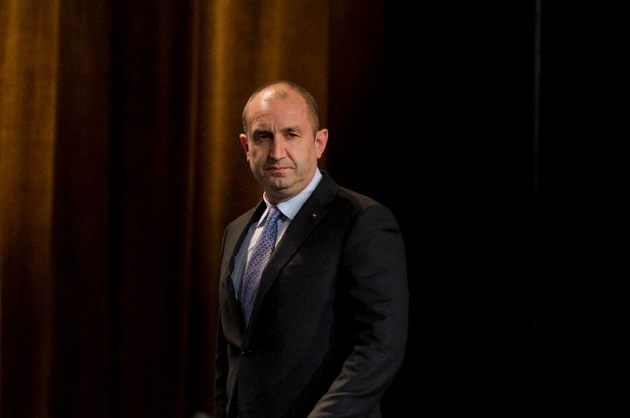Bulgaria’s new President seeks better relationships with Europe and Russia
Prime Minister Borisov resigned on Monday after the victory of pro-Russian Roumen Radev. Many have left the country in the last years due to the financial crisis.
El País, Euronews · SOFIA · 15 NOVEMBER 2016 · 15:05 CET

Bulgaria, a European Union (EU) member state, could build closer relationships with Russia in the future after former General Roumen Radev won the Presidential election on Sunday. He has no experience in politics.
Radev is supported by the opposition (Socialist Party) and could try to keep the balance in the region by also strenghtening the country's connections with Europe and the USA.
He got almost 60% of the votes and beat his rival Tzetzka Tsacheva, the Speaker of the Bulgarian Parliament.
After knowing the result, centre-right wing pro-EU Prime Minister Boiko Borisov and his government resigned. This pushes the fragmented 8-party parliament to consider voting for a new government or heading towards new parliamentary elections.
THE BULGARIAN CRISIS
The citizens of Bulgaria have the lowest minimum wage in the EU (215 Euro). Since 1989, Bulgaria has lost 20% of its population. Almost 2 million people have migrated to other countries.
According to a report from Eurostat, published in 2016, Bulgaria ranks first among all EU states for percentage of people at risk of poverty or social exclusion. The percentage has only dropped from 44.8% to 41.3% since 2008. The proportion of poor citizens is almost double the average for the European Union, which is 23.7%.
In 2017, Bulgaria enters its tenth year of EU membership. "Even though much has changed during this time, the country is still rather poor and underdeveloped. With the exception of Sofia and a couple of other major cities, there are high levels of unemployment and general dissatisfaction with life", a source in the country told Evangelical Focus.
MOLDOVA: SEEKING STRATEGIC RELATIONS WITH RUSSIA
Moldova also held a Presidential elections on Sunday. The leader of Moldova’s Party of Socialists Igor Dodon won Sunday’s runoff vote, beating his EU-leaning rival by around 5 percentage points.
Dodon said he hoped his first official visit to Moscow will take place before the end of this year.
“Without the reestablishment of the good, friendly and strategic relations with the Russian Federation, the Republic of Moldova has no future”, the President-elect said. “We have had these good and friendly relations for hundreds of years”.
Published in: Evangelical Focus - europe - Bulgaria’s new President seeks better relationships with Europe and Russia
